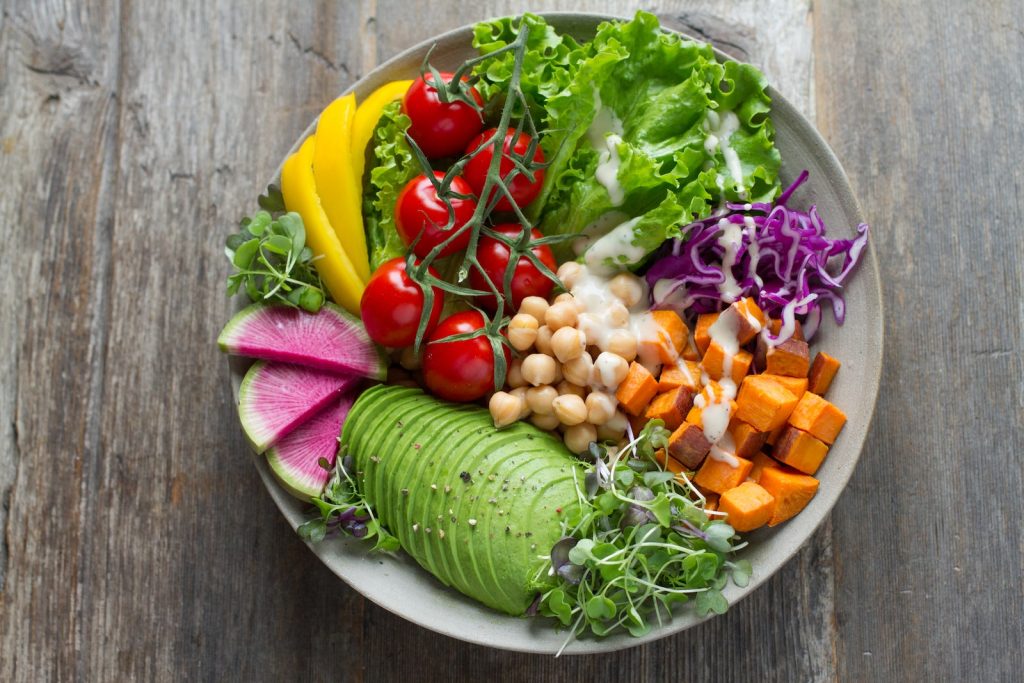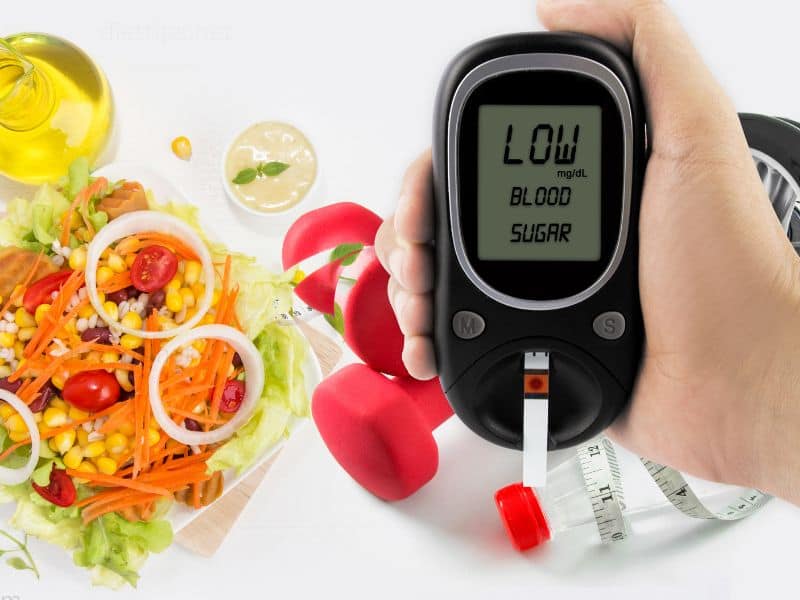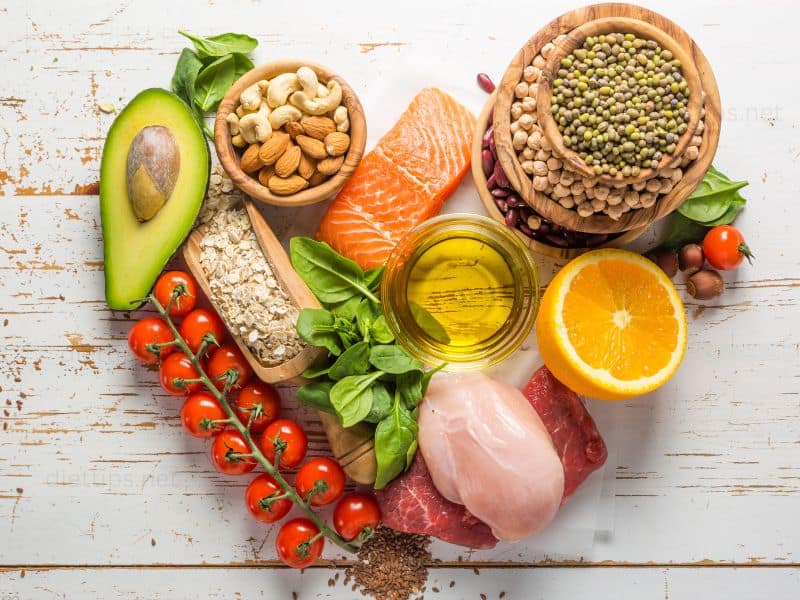In today’s fast-paced world, it is becoming increasingly important to prioritize our health and well-being. A key aspect of this is maintaining a healthy diet to combat inflammation, a common underlying factor in many chronic diseases. If you are curious about how certain foods can help fight inflammation and improve your overall health, then “The Ultimate Guide to Anti-Inflammatory Foods” is the perfect resource for you.
This comprehensive guide will provide you with valuable insights and practical tips on incorporating the top 10 anti-inflammatory foods into your daily diet. By making informed choices, you can make significant positive changes to your health and achieve a better quality of life.
Understanding Inflammation

Inflammation is a natural response of the immune system that occurs when your body senses harm, such as injury or infection. It is characterized by symptoms such as redness, swelling, heat, and pain. While inflammation is an essential part of the healing process, chronic inflammation can have long-term detrimental effects on your health. Understanding the causes and types of inflammation is crucial to taking appropriate steps to manage it effectively.
What Is Inflammation?
Inflammation occurs as a response to damage or infection in the body. It is the body’s way of defending itself and initiating the healing process. When you experience an injury or infection, your immune system releases chemicals that promote blood flow to the affected area, causing it to become inflamed.
This increased blood flow allows immune cells and essential nutrients to reach the site of damage, helping to remove any harmful agents and promote tissue repair.
Causes Of Inflammation

Various factors, including injuries, infections, autoimmune disorders, and chronic inflammatory conditions can cause inflammation. Injuries, such as cuts, burns, or sprains, can trigger localized inflammation as the body’s immune system responds to the damage. Infections, whether bacterial, viral, or fungal, can also lead to inflammation as the immune system fights off the invading pathogens.
Autoimmune disorders, such as rheumatoid arthritis or Crohn’s disease, occur when the immune system mistakenly attacks healthy tissues, leading to chronic inflammation. Additionally, lifestyle factors like poor diet, sedentary behavior, stress, and exposure to environmental toxins can also contribute to inflammation.
Types of Inflammation
There are two main types of inflammation: acute and chronic inflammation. Acute inflammation is a short-term response that lasts for a few hours or days and is usually a result of a specific injury or infection. It is characterized by pain, redness, heat, swelling, and impaired function in the affected area.
On the other hand, Chronic inflammation persists over a longer period, often for months or years. It can result from unresolved acute inflammation, underlying health conditions, or lifestyle factors. Unlike acute inflammation, chronic inflammation may not have noticeable symptoms initially, but it can lead to serious health issues if left unaddressed. Conditions associated with chronic inflammation include heart disease, diabetes, cancer, and arthritis.
How Anti-Inflammatory Foods Help
Making dietary choices that incorporate anti-inflammatory foods is key to managing inflammation and promoting overall health. Anti-inflammatory foods are rich in antioxidants, vitamins, minerals, and phytochemicals that help to reduce inflammation in the body. Let’s explore how these foods can benefit your health and well-being.
What Are Anti-Inflammatory Foods?
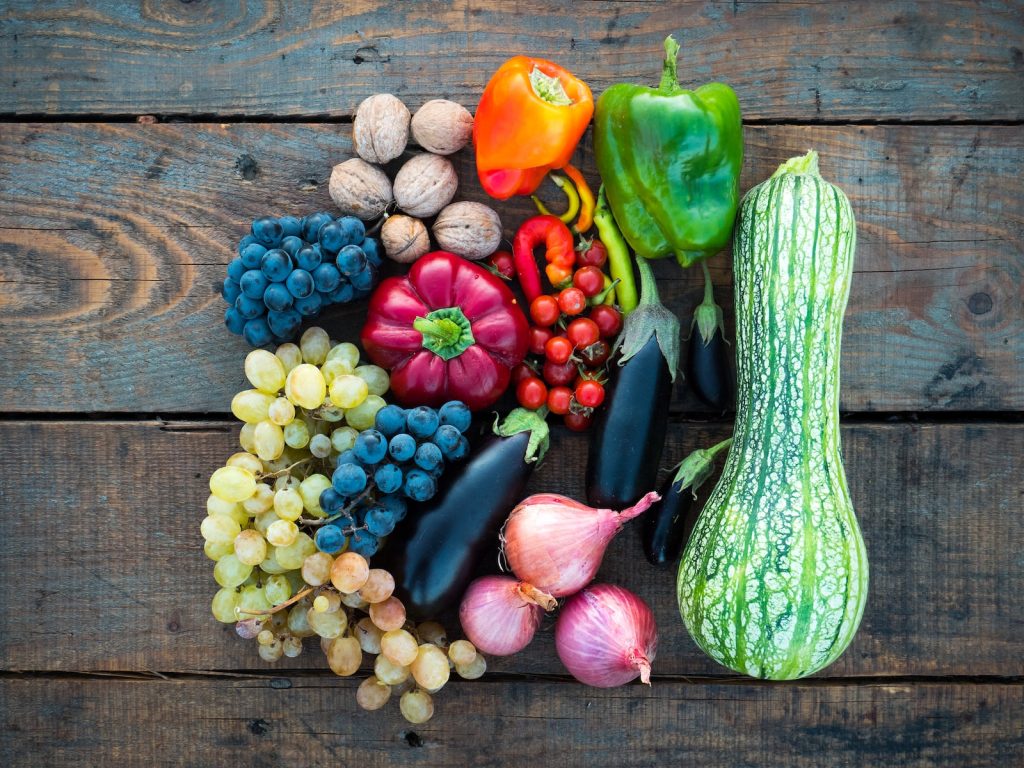
Anti-inflammatory foods are those that contain compounds with anti-inflammatory properties. These foods help counteract the inflammatory responses in the body, reducing the production of pro-inflammatory molecules and promoting a balanced immune response. Anti-inflammatory foods typically include fruits, vegetables, whole grains, legumes, and sources of healthy fats.
Mechanisms of Action
Anti-inflammatory foods exert their effects through various mechanisms. They can inhibit the production of inflammatory markers in the body, reduce oxidative stress, and modulate the immune system’s response.
Certain nutrients found in these foods, such as omega-3 fatty acids, polyphenols, and antioxidants, have been shown to block the pathways that lead to inflammation and promote the production of anti-inflammatory molecules.
Benefits of Incorporating them into your diet
Incorporating anti-inflammatory foods into your diet offers numerous health benefits. First and foremost, it helps to reduce chronic low-grade inflammation, which can improve the symptoms of inflammation-related diseases such as arthritis, asthma, and inflammatory bowel disease.
Anti-inflammatory foods also provide essential nutrients, promote a healthy gut microbiome, support weight management, and enhance overall immune function. By adopting an anti-inflammatory diet, you can optimize your health and reduce the risk of chronic diseases.
Top 10 Anti-Inflammatory Foods
When it comes to incorporating anti-inflammatory foods into your diet, certain options stand out for their potent anti-inflammatory properties. Here are the top 10 anti-inflammatory foods that you should consider adding to your daily meals:
1. Turmeric
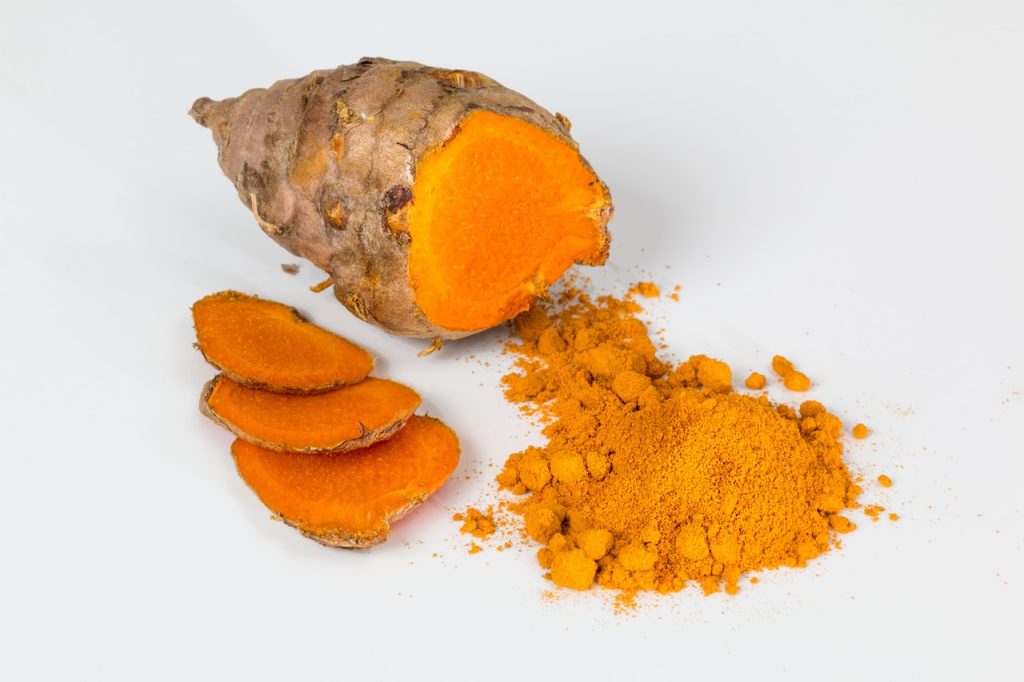
Turmeric contains a powerful compound called curcumin, which has been extensively studied for its anti-inflammatory effects. Curcumin inhibits the production of inflammatory markers and reduces oxidative stress, making turmeric an excellent choice for fighting inflammation.
2. Ginger
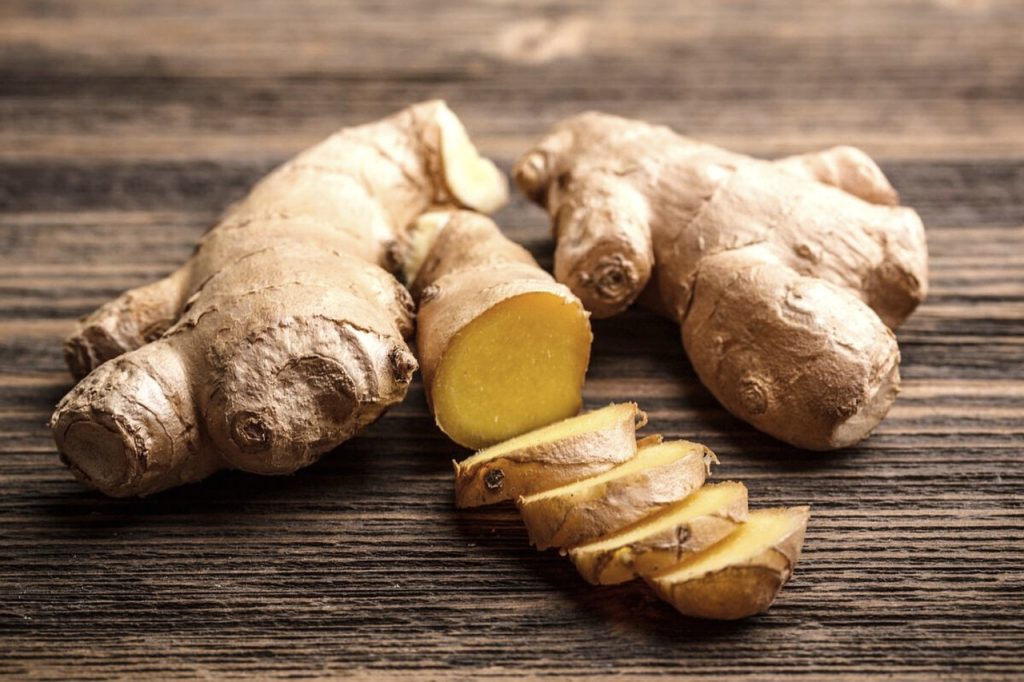
Ginger has long been used as a natural remedy for various ailments, including inflammation. It contains gingerols, which have been shown to possess strong anti-inflammatory properties and can help alleviate symptoms of inflammation-related conditions like osteoarthritis.
3. Leafy Green Vegetables
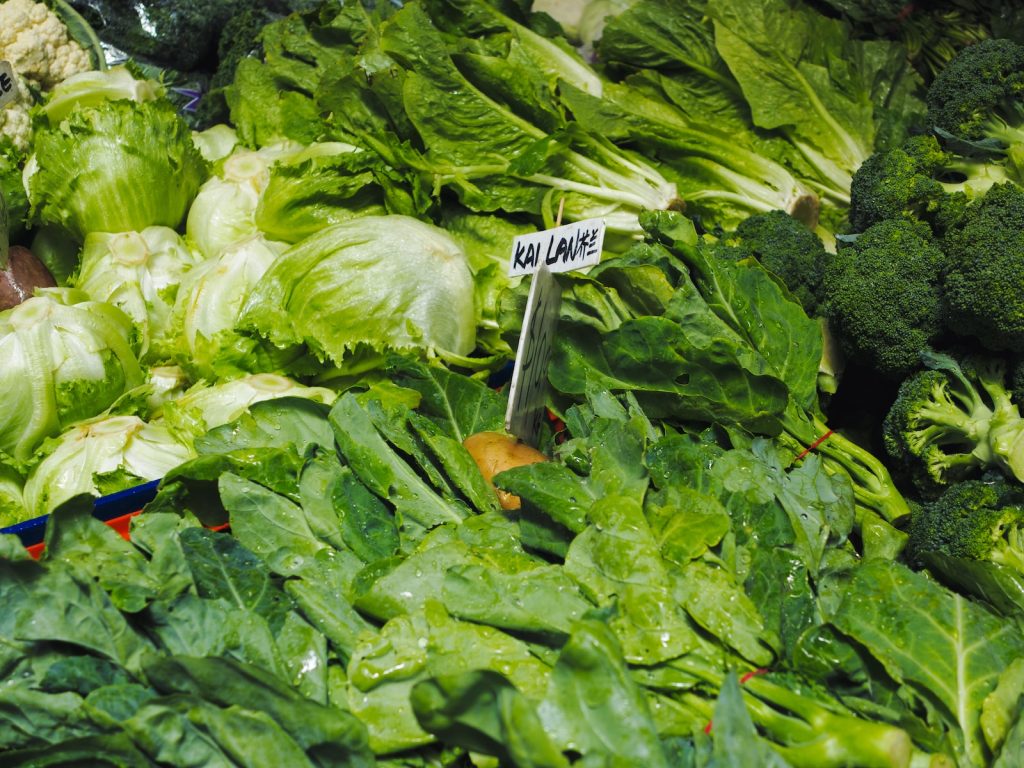
Leafy green vegetables, such as spinach, kale, and Swiss chard, are rich in antioxidants and phytochemicals that combat inflammation. They are also excellent sources of fiber, which promotes gut health and supports a healthy immune system.
4. Berries

Berries, including strawberries, blueberries, and raspberries, are packed with antioxidants and polyphenols, which have been shown to reduce inflammation and promote overall health.
5. Fatty Fish
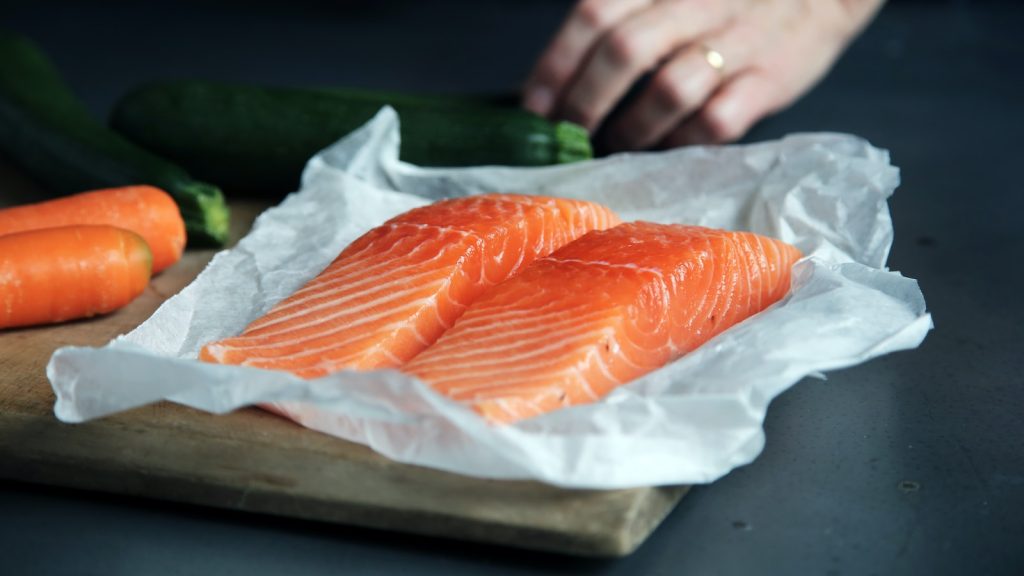
Fatty fish, such as salmon, mackerel, and sardines, are rich in omega-3 fatty acids, which have potent anti-inflammatory properties. Consuming fatty fish regularly can help reduce inflammation and improve heart health.
6. Extra Virgin Olive Oil
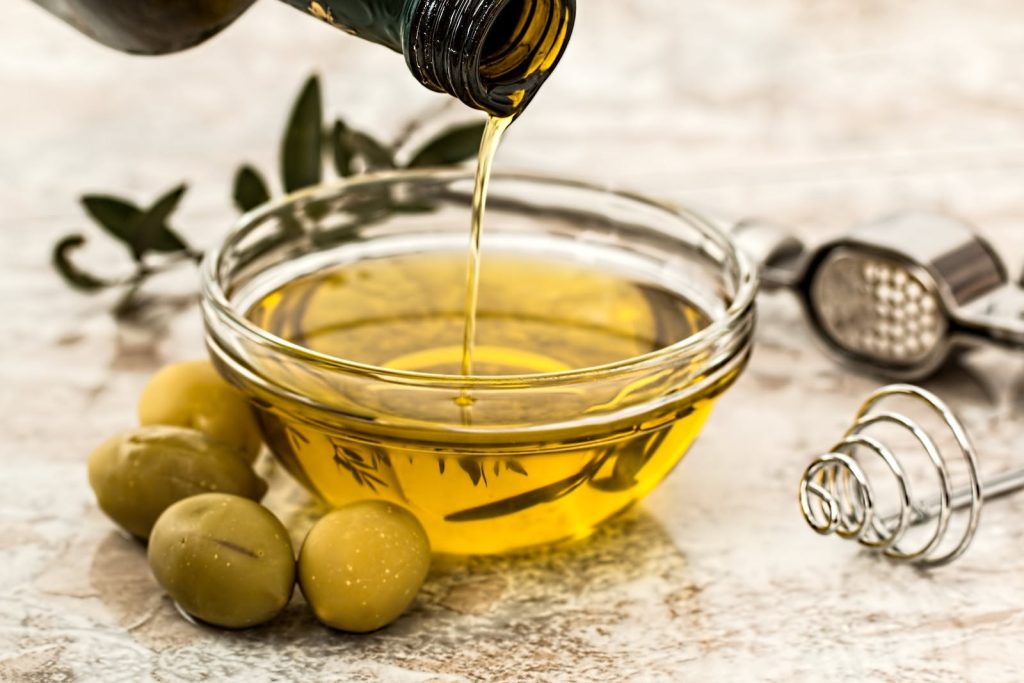
Extra virgin olive oil is a staple of the Mediterranean diet, which is renowned for its anti-inflammatory benefits. It contains oleocanthal, a compound that exhibits similar anti-inflammatory effects as non-steroidal anti-inflammatory drugs (NSAIDs).
7. Walnuts
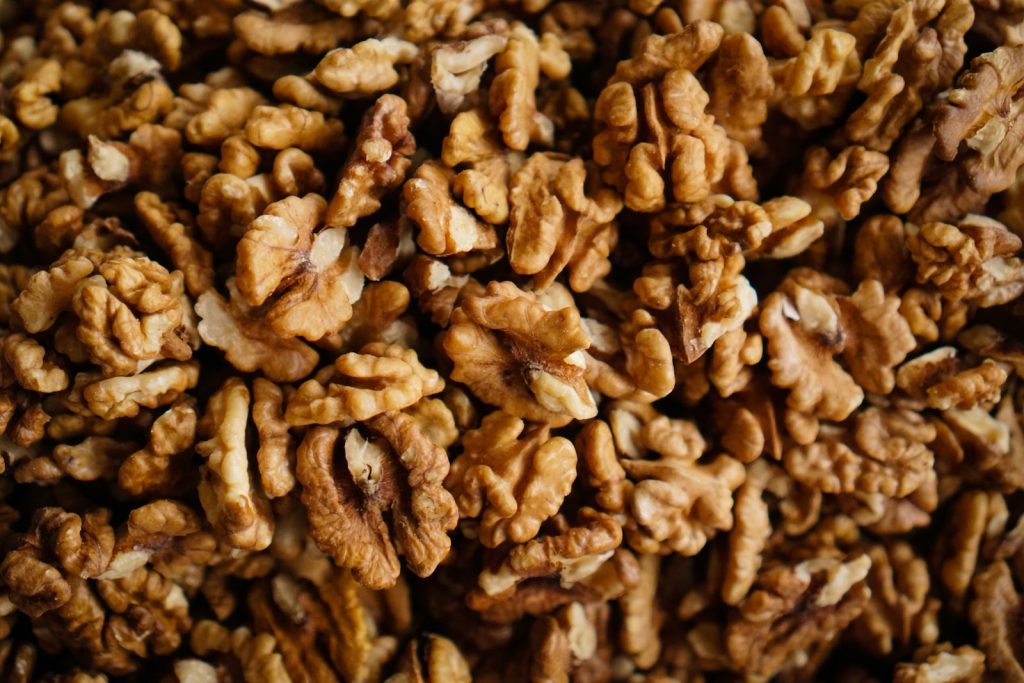
Walnuts are a great source of healthy fats, fiber, and antioxidants, including alpha-linolenic acid (ALA). ALA is converted into omega-3 fatty acids in the body and can help reduce inflammation.
8. Garlic
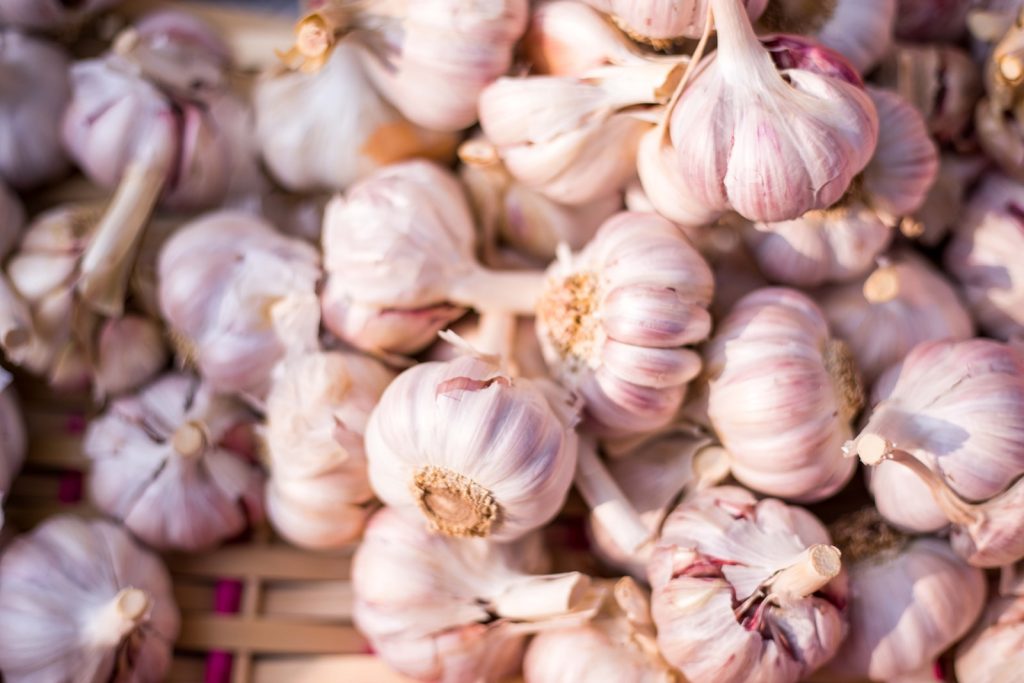
Garlic contains a compound called allicin, which has been shown to have anti-inflammatory and antioxidant properties. Incorporating garlic into your meals can provide a flavorful way to reduce inflammation.
9. Tart Cherries
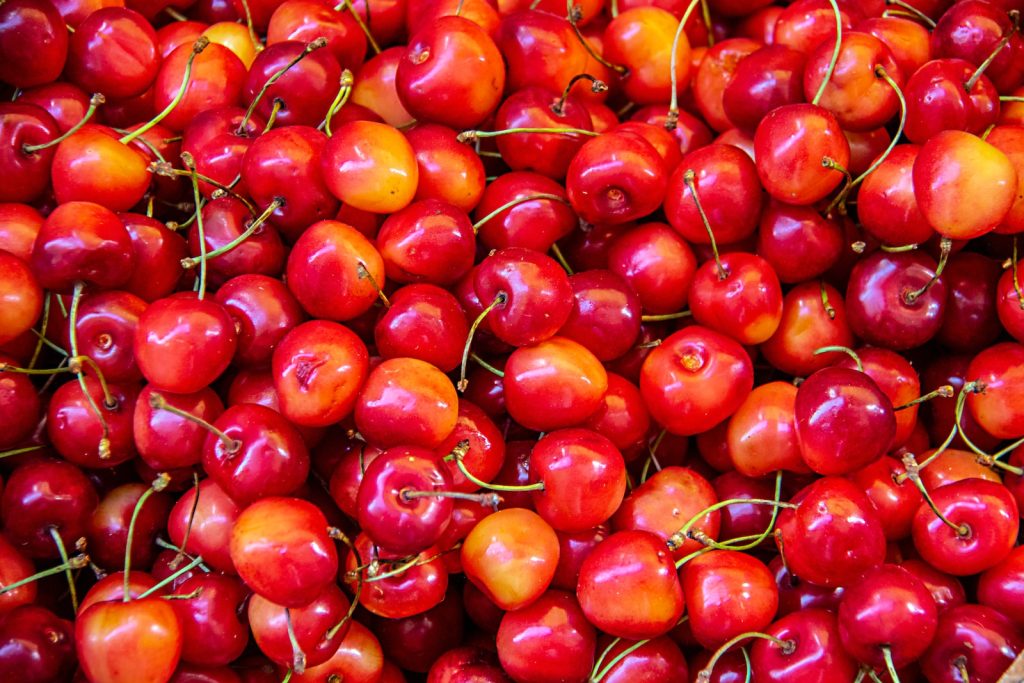
Tart cherries are packed with antioxidants and anthocyanins, which have been shown to possess anti-inflammatory properties. Consuming tart cherries or tart cherry juice may help reduce muscle soreness and inflammation associated with exercise.
10. Green Tea

Green tea is rich in polyphenols, particularly catechins, which have been attributed to its anti-inflammatory effects. Regular consumption of green tea can have a positive impact on inflammation and overall health.
Incorporating Anti-Inflammatory Foods into Your Diet
Now that you know the top anti-inflammatory foods, it’s important to explore different ways to incorporate them into your daily diet. Here are some practical tips and recommendations to help you enjoy the benefits of these foods:
✔ Dietary Recommendations
To incorporate more anti-inflammatory foods into your diet, consider following these dietary recommendations:
- Emphasize a plant-based diet with a variety of fruits, vegetables, whole grains, legumes, nuts, and seeds.
- Include fatty fish at least twice a week to obtain omega-3 fatty acids.
- Choose high-quality unprocessed oils, such as extra virgin olive oil, for cooking and dressing.
- Opt for lean sources of protein, such as poultry, fish, tofu, and legumes.
- Minimize the consumption of refined grains, added sugars, and processed foods.
✔ Meal-planning Tips
Meal planning can play a vital role in ensuring you consume an anti-inflammatory diet. Here are some meal-planning tips to help you incorporate more anti-inflammatory foods:
- Plan your meals in advance, considering the inclusion of anti-inflammatory ingredients.
- Prepare meals in batches to save time during the week.
- Choose recipes that use herbs and spices with anti-inflammatory properties, such as turmeric, ginger, and garlic.
- Incorporate a variety of colorful fruits and vegetables in your meals to maximize the intake of antioxidants and phytochemicals.
✔ Healthy Recipes
To get started with incorporating anti-inflammatory foods into your diet, here are a few healthy and delicious recipes to try:
- Turmeric-spiced lentil soup with leafy greens
- Ginger and garlic glazed salmon with roasted vegetables
- Spinach and strawberry salad with walnuts and balsamic vinaigrette
- Blueberry chia seed pudding with almond butter
- Green tea-infused quinoa salad with grilled chicken and vegetables
Avoiding Inflammatory Foods
In addition to incorporating anti-inflammatory foods, avoiding or minimizing the consumption of inflammatory foods is also important. Certain dietary choices can promote chronic inflammation and contribute to the development of various health conditions. Here are some foods to be cautious of:
✘ Highly Processed Foods
Highly processed foods, such as fast food, packaged snacks, and sugary drinks, are often loaded with refined grains, unhealthy fats, added sugars, and artificial additives. These ingredients can trigger inflammation in the body and contribute to long-term health issues.
✘ Refined Sugars and Grains
Refined sugars, found in desserts, sodas, and other sweetened foods, can lead to a rapid increase in blood sugar levels and trigger an inflammatory response in the body. Similarly, refined grains like white bread, white rice, and pasta lack essential nutrients and can contribute to inflammation.
✘ Trans Fats
Trans fats, often found in processed and fried foods, have been associated with increased inflammation, heart disease, and other chronic conditions. It is advisable to limit the consumption of foods containing hydrogenated oils or partially hydrogenated oils.
✘ Artificial Additives and Preservatives
Artificial additives and preservatives, such as artificial sweeteners, flavor enhancers, and food colorings, have been linked to inflammation and potential health risks. It is best to choose whole, unprocessed foods and read food labels carefully to avoid these additives.
✘ Excessive Alcohol and Caffeine
While moderate alcohol consumption and caffeine intake may not necessarily lead to inflammation for most individuals, excessive and chronic use can negatively impact the body’s inflammatory responses. It is important to consume alcohol and caffeine in moderation and be mindful of their potential effects.
Supporting Lifestyle Changes
In addition to dietary modifications, certain lifestyle changes can further support inflammation management. By incorporating these practices into your routine, you can enhance the anti-inflammatory benefits and promote overall well-being.

Exercise and its Anti-inflammatory Benefits
Regular physical activity has been shown to have anti-inflammatory effects. Engaging in aerobic exercises, strength training, or activities like yoga and tai chi can help reduce chronic inflammation, enhance immune function, and improve overall physical and mental health.
Stress Management Techniques
Chronic stress can contribute to inflammation and negatively impact the immune system. Adopting stress management techniques like mindfulness meditation, deep breathing exercises, and engaging in activities that promote relaxation can help reduce inflammation and improve overall well-being.
Adequate Sleep and its Impact on Inflammation
Getting sufficient and quality sleep is essential for regulating inflammation and supporting overall health. Chronic sleep deprivation has been associated with increased levels of inflammatory markers. Aim for 7-9 hours of uninterrupted sleep each night to promote optimal rest and recovery.
Taking Supplements for Inflammation

In addition to a healthy diet and lifestyle changes, certain supplements can be beneficial in managing inflammation. While it is always best to obtain nutrients from whole foods, supplements can provide additional support in some cases. Here are some supplements that have shown promising anti-inflammatory effects:
✔ Omega-3 Fatty Acids
Omega-3 fatty acids, particularly eicosapentaenoic acid (EPA) and docosahexaenoic acid (DHA), are known for their potent anti-inflammatory properties. Fish oil, algae oil, or krill oil supplements can be considered to increase omega-3 fatty acid intake.
✔ Vitamin D
Vitamin D deficiency has been linked to chronic inflammation. Supplementing with vitamin D, especially if you have limited sun exposure or low levels, may help regulate the immune response and reduce inflammation.
✔ Probiotics
Probiotics are beneficial bacteria that can support a healthy gut microbiome. A balanced gut microbiome is crucial for modulating the immune response and reducing inflammation. Consider probiotic supplements or include fermented foods like yogurt, sauerkraut, and kefir in your diet.
✔ Curcumin
Curcumin, the active compound in turmeric, is known for its potent anti-inflammatory effects. While it can be challenging for the body to absorb curcumin efficiently, supplementing with a high-quality curcumin extract can be an effective way to obtain its benefits.
✔ Bromelain
Bromelain is an enzyme found in pineapple that possesses anti-inflammatory properties. It has been shown to reduce inflammation and promote pain relief. Bromelain supplements can be considered for individuals with chronic inflammatory conditions.
Creating an Anti-Inflammatory Meal Plan
Now that you have a good understanding of anti-inflammatory foods and their benefits, here are some meal ideas to help you create an anti-inflammatory meal plan. These meal ideas are designed to incorporate a variety of anti-inflammatory ingredients and provide a balanced and nutritious diet.
Breakfast Ideas
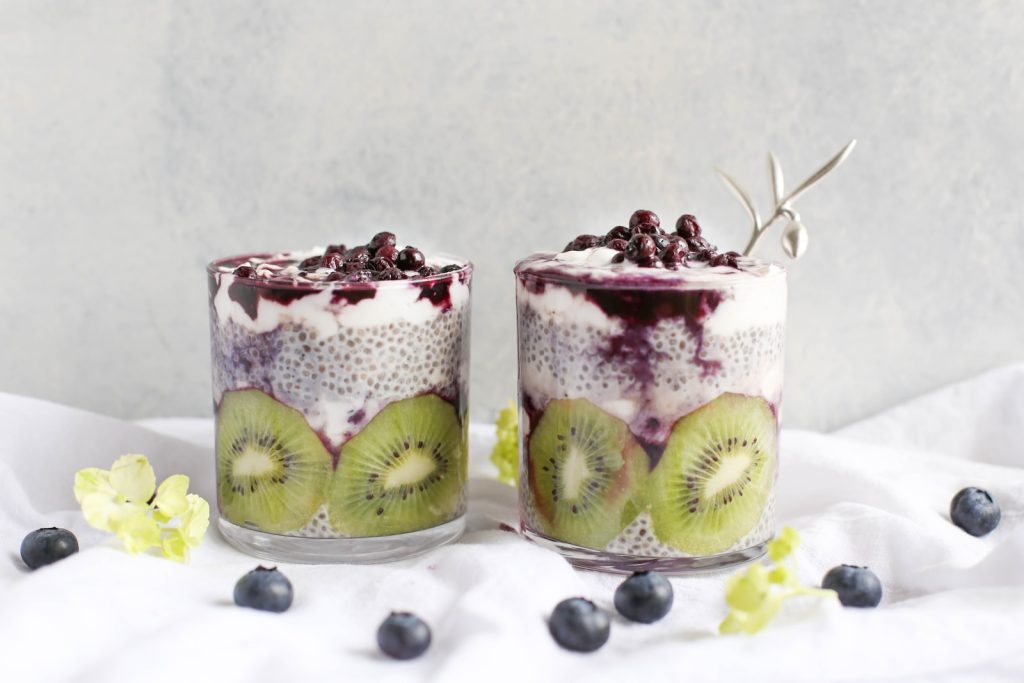
- Overnight chia pudding with mixed berries and walnuts
- Spinach and mushroom omelette with whole-grain toast
- Greek yogurt topped with tart cherries and a sprinkle of granola
Lunch Ideas
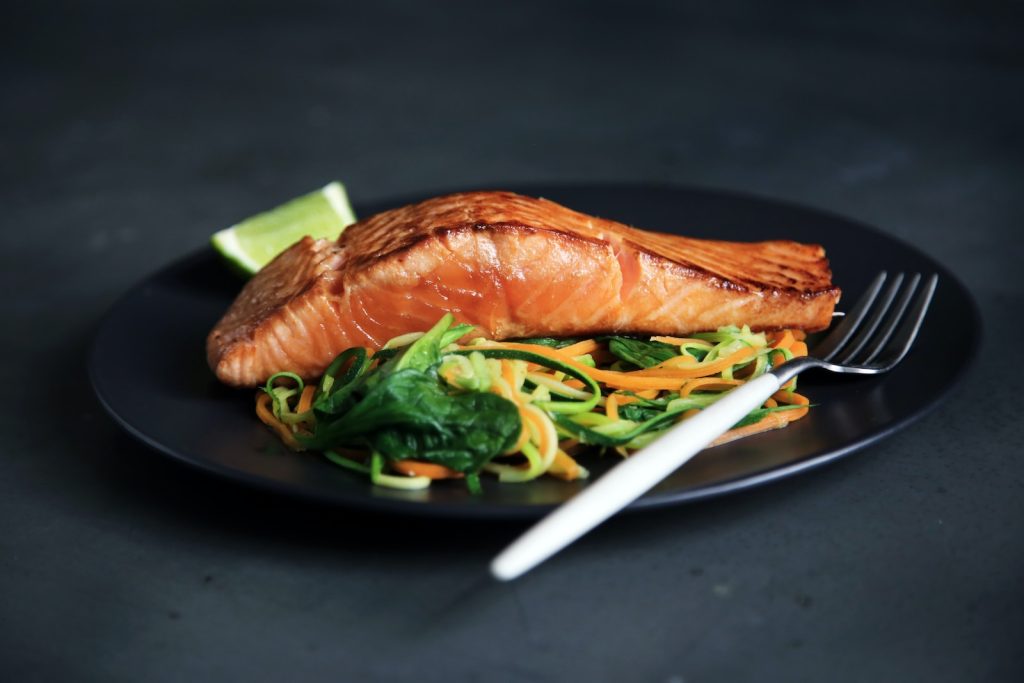
- Quinoa salad with grilled chicken, leafy greens, cherry tomatoes, and avocado
- Lentil and vegetable soup with a side of whole-grain bread
- Grilled salmon with a side of roasted vegetables and a mixed green salad
Dinner Ideas
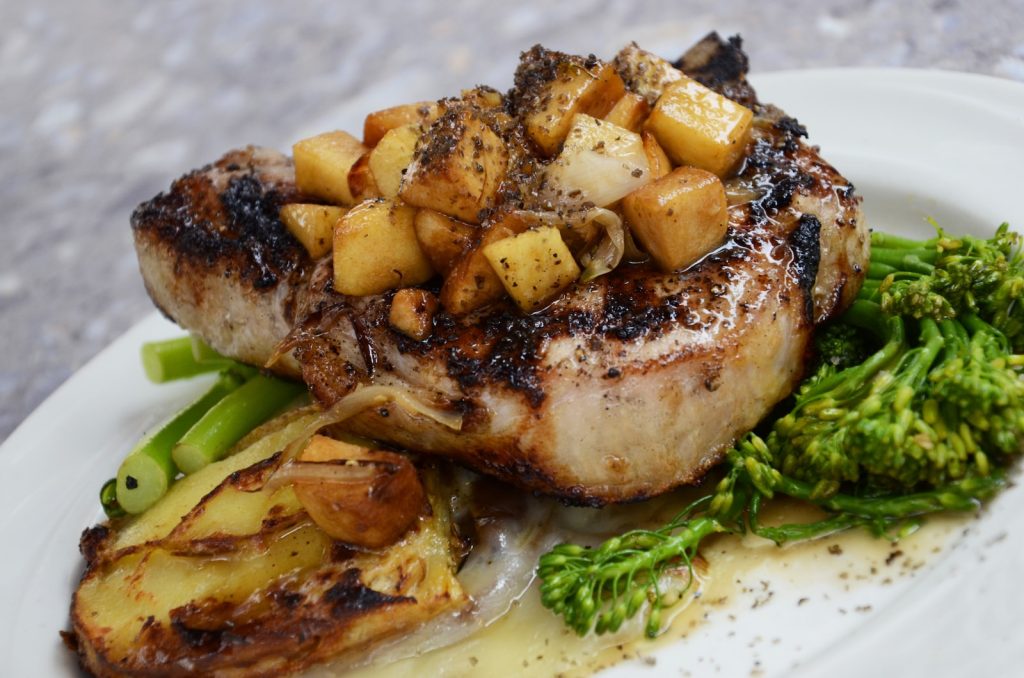
- Baked turmeric chicken with roasted sweet potatoes and steamed broccoli
- Ginger and garlic stir-fried tofu with brown rice and stir-fried vegetables
- Zucchini noodles with marinara sauce, lean turkey meatballs, and a side of garlic sautéed spinach
Snack Ideas
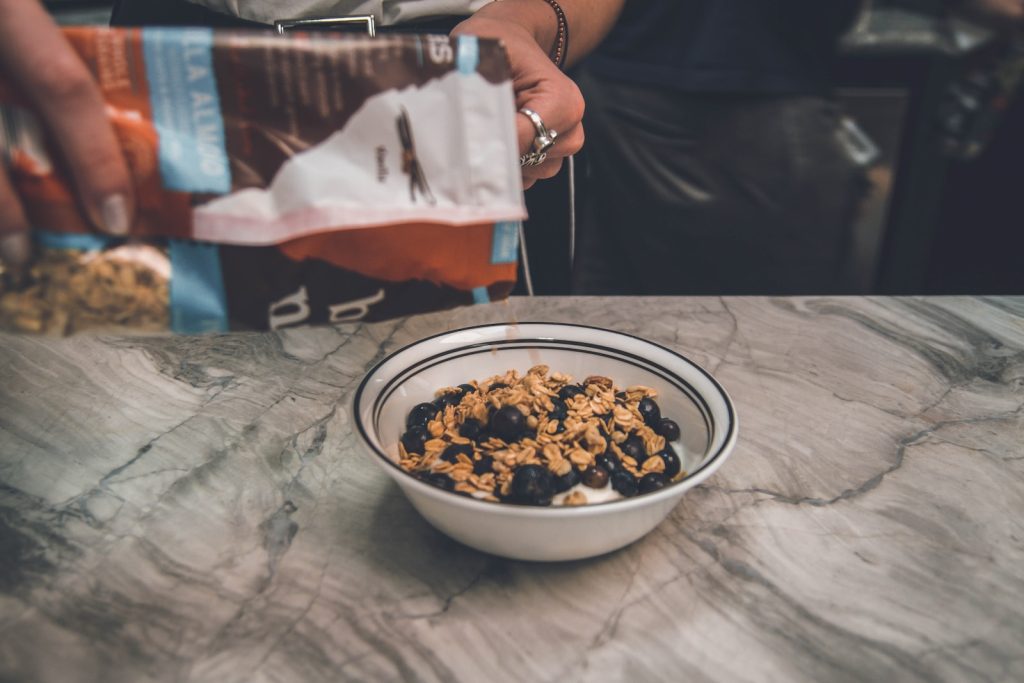
- Fresh berries with a handful of walnuts
- Sliced cucumbers with hummus
- Homemade kale chips seasoned with turmeric and sea salt
Beverage Recommendations

- Green tea
- Turmeric latte (made with unsweetened almond milk and a sprinkle of cinnamon)
- Infused water with slices of cucumber, lemon, and mint
Potential Risks and Considerations
While incorporating anti-inflammatory foods into your diet is generally safe and beneficial for most individuals, it is essential to be aware of potential risks, considerations, and individual needs.
Allergies and Intolerances
Some individuals may have allergies or intolerances to certain anti-inflammatory foods, such as fish, nuts, or gluten. It is important to identify any food sensitivities or allergies you may have and modify your diet accordingly.
Interactions with Certain Medications
Some anti-inflammatory foods and supplements may interact with certain medications. If you are taking medications, especially blood thinners or anti-coagulants, consult with your healthcare provider or a registered dietitian to ensure that your dietary choices do not interfere with your medications.
Individual Dietary Needs and Restrictions
Individuals with specific dietary needs or restrictions, such as vegetarians, vegans, or individuals with certain medical conditions, may need to make adjustments to their anti-inflammatory diet. Working with a registered dietitian can help tailor the anti-inflammatory meal plan to your specific needs.
Seeking Professional Guidance

When it comes to understanding proper nutrition and making dietary changes, seeking professional guidance is crucial. A registered dietitian can provide personalized recommendations to address your specific needs and help you create a well-rounded anti-inflammatory diet plan. They can also provide additional resources and support to ensure your success in implementing these dietary changes. Don’t hesitate to reach out to a healthcare professional for guidance on your journey toward optimal health and wellness.
In conclusion, understanding inflammation and its impact on your health is essential. By incorporating anti-inflammatory foods into your diet, avoiding inflammatory choices, and supporting lifestyle changes, you can effectively manage inflammation, reduce the risk of chronic diseases, and improve your overall well-being. Remember that dietary choices play a significant role in your health, and making informed decisions can make a profound difference in your quality of life.
© 2024 by Diettips.net. Reserved all rights. This document cannot be copied or communicated in any way without Diettips.net’s prior written consent, whether it be electronically, mechanically, through photocopying, recording, or another medium.

